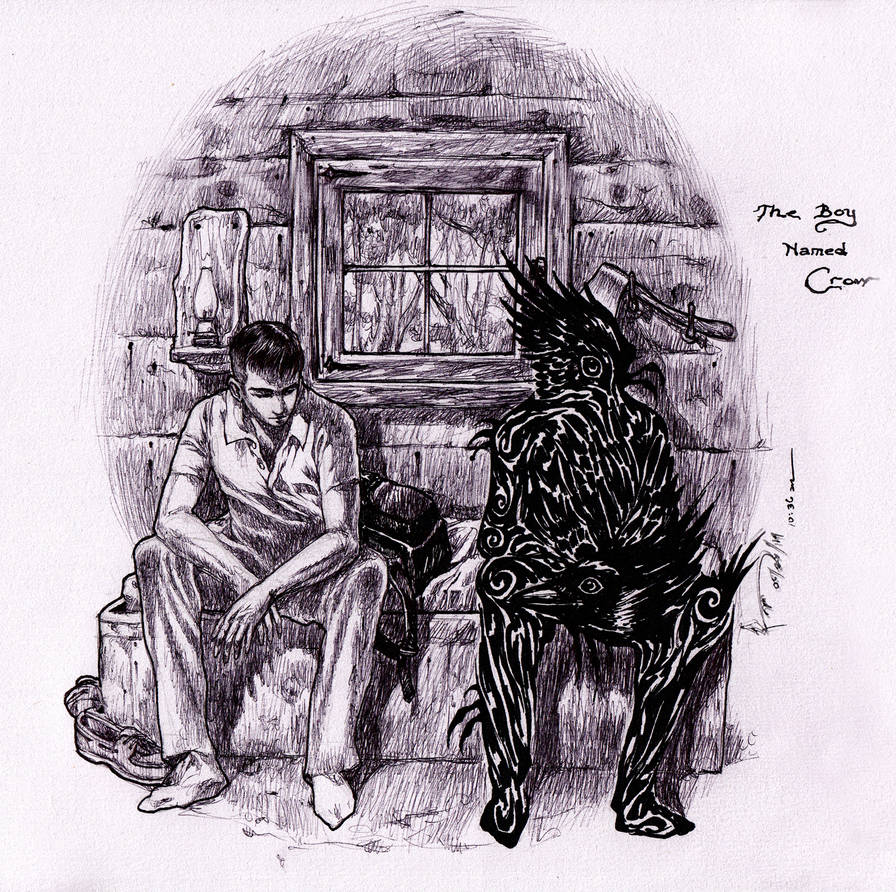The Boy named Crow | Critical Analysis
The Boy named Crow by Haruki Manukami | Critical Analysis
The story "The Boy named Crow" was an excerpt from "Kafka on the shore" written by Haruki Murakami. A boy named Kafka, who is turning fifteen, has a plan on running away on his birthday. He wanted to be independent and free from home to live in a small library. He also plans to look for his mother and sister who left when he was younger. The author of the story has a unique way in writing. It wouldn't be easy to understand at first but once you've read and analyzed the story, it will be clear as to what message the author wants to convey. He also uses symbolism and metaphors in his work.
In the story, Kafka was talking to Crow about his plan in escaping. Crow asked him about the money he stole from his father. He said that it would be enough for the time being in which Crow disapproved. He gave advice to Kafka about money, jobs and how he has to be tougher if he wants to live alone. Crow suggested that running away and not facing reality wouldn't solve his problems. He started comparing life to a sandstorm, "Sometimes, fate is like a small sandstorm that keeps changing direction. You change
direction but the sandstorm chases you. This storm is YOU. Something inside you." The author used a metaphorical phrase. Just like storm, life can be very devastating but we need to learn how to cope with it and to go with the flow. If he still chooses to run away, he needs to keep in mind of the consequences that awaits him. Running away from home is just a temporary solution to his current problem.
ABOUT THE AUTHOR
Haruki Murakami (born January 12, 1949) is a Japanese writer. His books and stories have been bestsellers in Japan as well as internationally, with his work being translated into 50 languages and selling millions of copies outside his native country. His work has received numerous awards, including the World Fantasy Award, the Frank O'Connor International Short Story Award, the Franz Kafka Prize, and the Jerusalem Prize. Murakami's most notable works include A Wild Sheep Chase (1982), Norwegian Wood (1987), The Wind-Up Bird Chronicle (1994–95), Kafka on the Shore (2002), and 1Q84 (2009–10).

Comments
Post a Comment